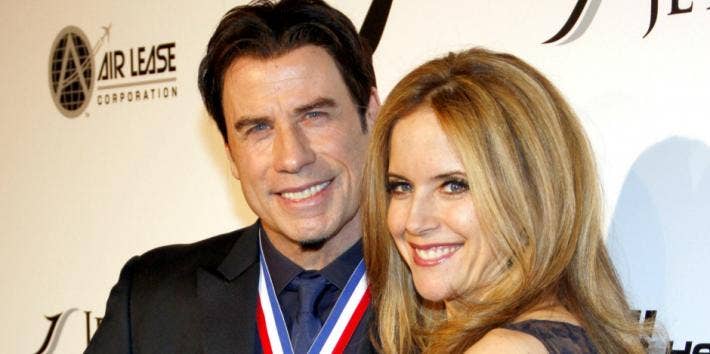
Seems lately we'd all rather be right than be kind.
By Pauline Campos — Written on Jun 18, 2016
Photo: weheartit

Remember when bad things happened and it used to bring out the good in people?
For my generation, those good people were our parents and those bad things were Adam Walsh and Baby Jessica.
Bad things do happen to good people, and it sucks.
But at least when bad things happened before the dawn of the internet and the water-cooler pitchfork fest today's news reports are guaranteed to turn into, grieving parents were spared from the pain of outside judgment. Instead, they were surrounded by love and public shows of support.
That is far from the case today.
When I first heard of the death of a two-year-old child from an alligator attack at the Disney resort in Orlando, Florida, I have to be honest. My first reaction boiled down to Not My Kid and What Were the Parents Thinking, but was soon replaced with very real sympathy for the parents and the little boy's sister.
Humans are judgy creatures. We know this and it's silly to pretend otherwise.
But there's a big difference between thinking something privately in the first moments of shock as opposed to voicing that judgment loudly and publicly to vilify the victims of a horrible circumstance.
And this isn't just about parenting.
It's about how we, as a society, are failing horribly at showing our neighbors love and compassion — because we'd rather be right than be kind.
When the child in Cincinnati fell into a gorilla enclosure and the gorilla was killed in the rescue, we blamed.
We shamed.
We got on our high horses and boasted how our superior parenting skills would surely have prevented such a tragedy from happening on OUR watch.
On OUR watch, Harembe, the gorilla, would still be alive.
We would not have looked away. We would have done it right.
When Brock Turner's victim spoke out in court about how irrevocably her life has been affected by his attack, we asked why she drank so much.
We told her that rape isn't really rape unless it's kidnappers attacking at knife-point in a seedy garage.
We told her the effects of being publicly shamed as a rapist are more damaging and more concerning than her own public and private shame as his victim.
When the news broke about the shooting on Latin night at popular Orlando gay dance club Pulse, we used God as our scapegoat.
This is His plan, we said.
The loss of so many lives was minimized because those lives belonged to members of the LBGTQ community.
We called attention to the "shooting," leaving out of the headlines that the victims were members of the LGBTQ community and people of color.
We even blamed the victims for not fighting back.
And we keep blaming. We keep shaming. We keep detracting from the pain of those suffering with constant finger-pointing and name calling.
We need to check ourselves before our children figure out what giant hypocrites we really are.
If you want to think you could have done differently, go right ahead.
But keep those thoughts to your own self, and when directing comments at the victims and grieving families, simply say "I'm sorry."
Related Stories From YourTango:
To the mother of the child who fell into the gorilla enclosure, I'm sorry that happened. I'm so glad your little boy is safe.
To Brock Turner's victim. and every victim of sexual assault and violence, I'm sorry that happened to you. You are not at fault no matter what you wore or how much your drank. No means No, and the inability to consent the same damn thing.
(To Brock Turner, rape is rape and you are a rapist no matter how much your mommy and daddy love you.)
To the families and friends of the Pulse shooting, I'm sorry. To my friends and family in the LGBTQ community, I'm sorry. I'm so very, very sorry. For the hate. For the vitriol. For the blame. Please know that I love you.
And to the parents of that little boy killed by the alligator, I am sorry for your loss. This was not your fault.
I pray that you know this.

